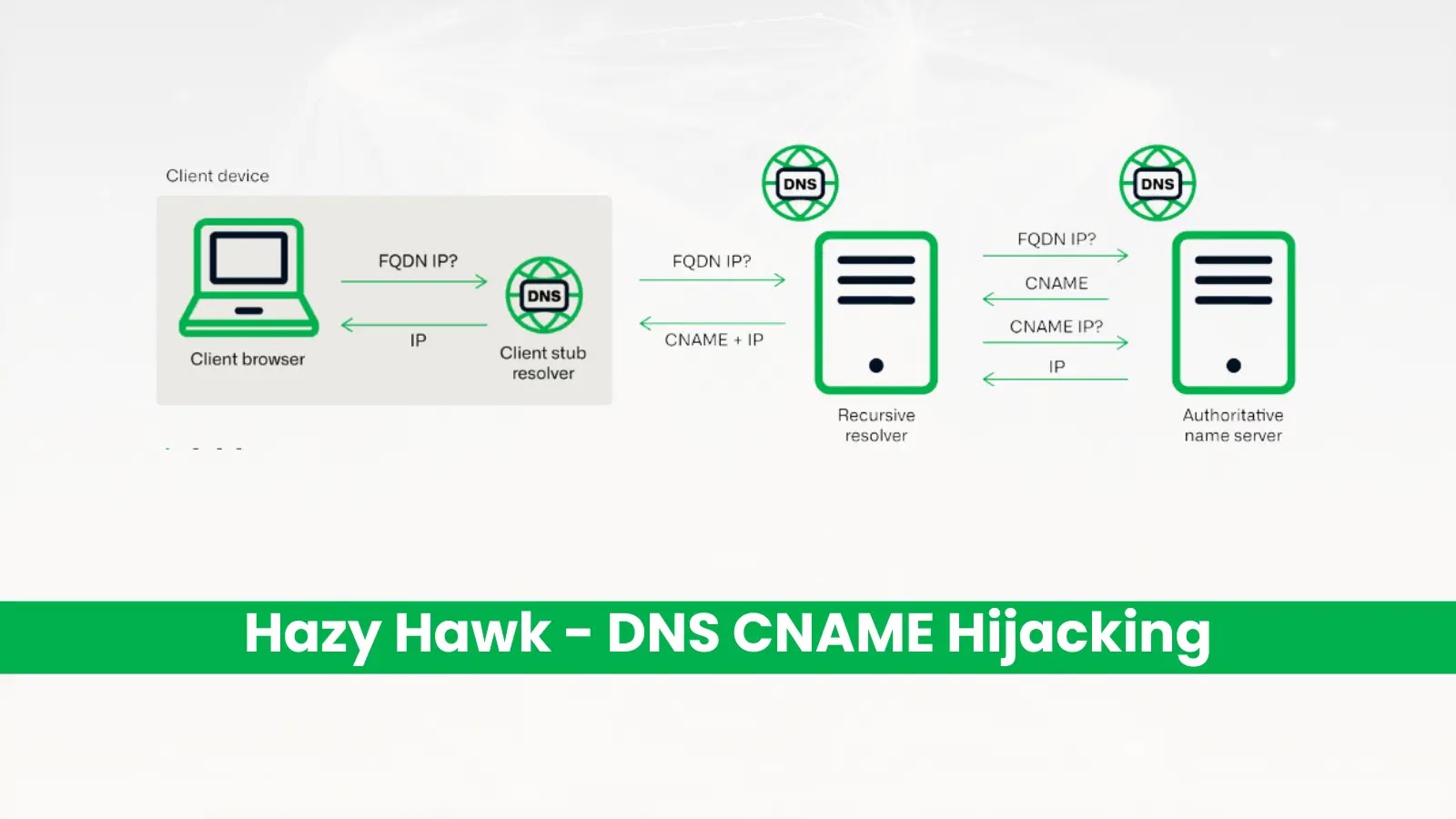In Southeast Asia, the burgeoning online gambling industry has become a fertile ground for sophisticated cyber threats. Criminal networks are exploiting this digital landscape to disseminate malicious software to countless unsuspecting users. A recent investigation has unveiled a campaign where threat actors leverage the region’s illegal gambling market by deploying a weaponized browser masquerading as a privacy tool.
The Universe Browser: A Trojan Horse
At the heart of this operation is the Universe Browser, a modified application based on the Chromium framework. Distributed through online gambling websites managed by criminal networks across Southeast Asia, this browser is marketed as a privacy-centric solution capable of circumventing censorship. However, beneath its benign facade, the Universe Browser reroutes all user connections through servers controlled by the attackers in China, simultaneously installing multiple programs that operate covertly in the background.
The Vault Viper Connection
This malicious infrastructure is attributed to Vault Viper, a threat actor linked to the Baoying Group and its BBIN white-label iGaming platform. The Baoying Group has extensive operations in Cambodia and the Philippines, serving both legitimate operators and criminal networks involved in cyber-enabled fraud. Researchers from Infoblox identified the Universe Browser during an investigation into illegal gambling platforms, uncovering ties between the software distribution network and transnational organized crime syndicates.
Malware Characteristics and Evasion Techniques
The Universe Browser exhibits behaviors typical of remote access trojans, including keylogging capabilities, unauthorized network connections, and modifications to device configurations. Analysis reveals the use of sophisticated anti-analysis techniques such as virtual machine detection, debugger evasion, and encrypted communication protocols designed to thwart security research efforts.
While Infoblox analysts cannot definitively confirm overtly malicious use of the Universe Browser beyond privacy violations, the concealed technical elements and its distribution through criminal platforms raise significant security concerns. The browser’s capacity to intercept all network traffic, combined with its association with documented fraud cases, positions it as a high-risk exploitation tool.
Technical Analysis: Installation and Persistence Mechanisms
The infection chain begins with the Windows installer, distributed as UB-Launcher.exe, which performs environment checks before downloading the malicious payload. The installer validates the victim’s locale settings and conducts virtual machine detection routines to evade analysis in sandboxed environments.
“`python
# VM detection logic observed in Universe Browser
def check_vm_environment():
vm_indicators = [‘VBOX’, ‘VirtualBox’, ‘VMware’, ‘QEMU’]
return any(indicator in system_info for indicator in vm_indicators)
“`
Upon successful validation, the installer downloads two components to `%APPDATA%/local/UB`: a legitimate Chrome installation and `Application.7z` containing dynamic link libraries and five binaries. The dropper replaces `Chrome.exe` with `UB-Launcher.exe`, transforming a legitimate browser into the malicious Universe Browser.
Persistence is achieved through registry modification, adding `UB-Launcher.exe` to the Windows startup registry key. The malware initiates a process chain with `UBMaintenanceservice.exe` invoking `UBService.exe`, the core component managing proxy connections and command-and-control communication.
Communication and Control Infrastructure
`UBService` handles encrypted communications with command-and-control (C2) domains, including `ac101[.]net` and `ub66[.]com`, managing SOCKS5 proxy traffic routes stored in an encrypted SQLite database. This setup enables dynamic network behavior adjustments based on remote server instructions, utilizing DNS TXT records for encryption key distribution and domain generation algorithms to evade detection.
Implications and Recommendations
The discovery of the Universe Browser underscores the evolving tactics of cybercriminals who exploit the trust users place in seemingly legitimate applications. By infiltrating the online gambling sector, these actors can reach a vast audience, amplifying the potential impact of their malicious activities.
Users are advised to exercise caution when downloading and installing software, especially from unverified sources. Employing reputable security solutions, maintaining updated systems, and being vigilant about the authenticity of applications can mitigate the risks associated with such sophisticated cyber threats.



